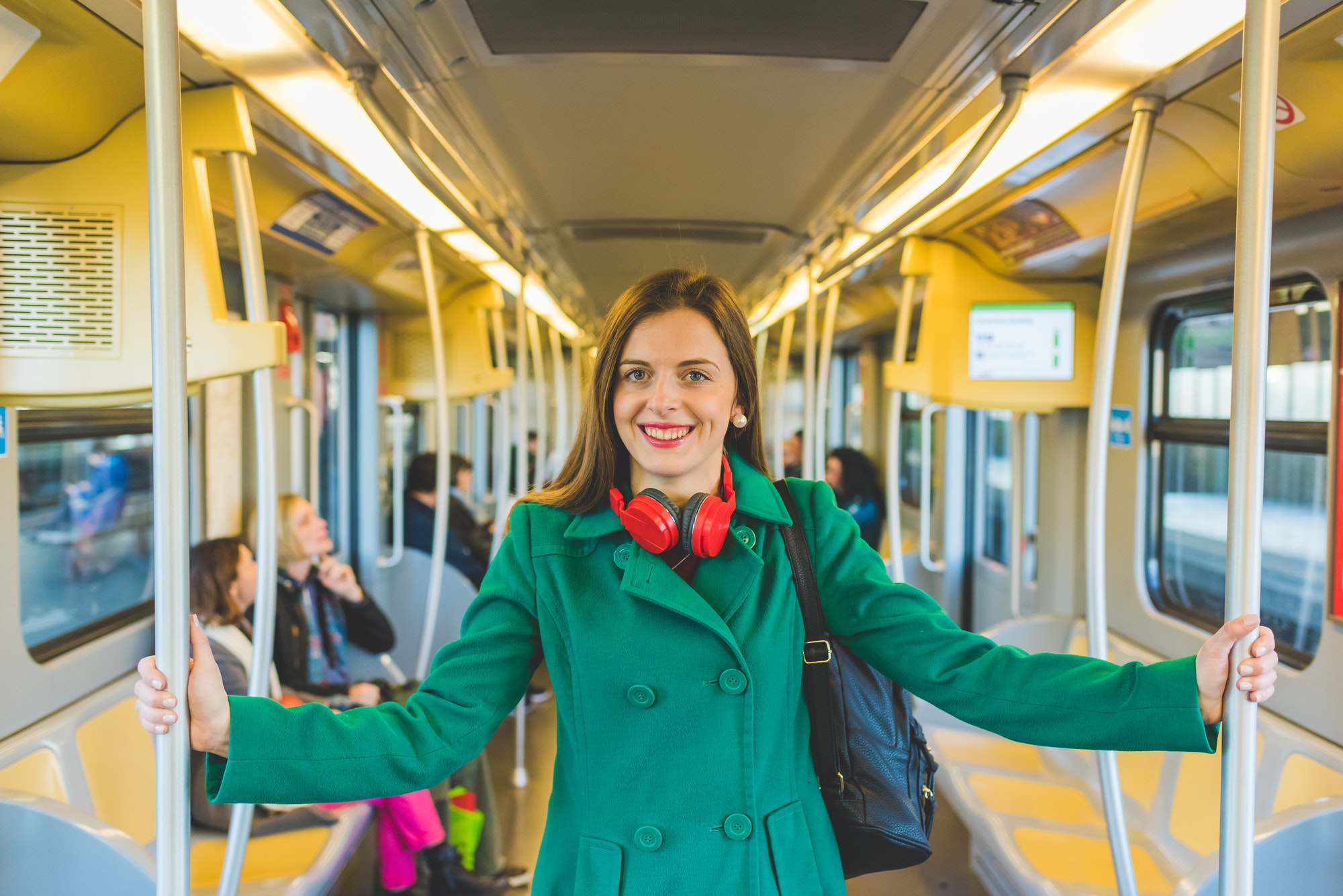
The first step to preventing travel by air-related sleep disorders is to adjust one’s sleep patterns. This can be achieved with melatonin supplements, caffeine, or timed exposure to bright light. Additionally, travelers should avoid daytime sleep, which reduces the amount of time they can sleep at night and prolongs the acclimatization period. If one has a simple cold or cough, he or she should still fly, but he or she should practice good respiratory hygiene and proper cough etiquette while traveling. Travelers with underlying medical conditions like bronchitis, asthma, or chronic sinusitis should delay travel until they are completely clear of these illnesses.
Another reason to avoid air travel is the effect it has on the skin. Excessive exposure to airborne pollution can cause dehydration and dullness. Also, traveling by air may result in breakouts if one has oily skin. It is also important to drink plenty of water. Make sure to choose potassium-rich water. Taking a water bottle with you to the airport can be convenient. If your flight requires you to purchase bottled water, bring it with you.
The Golden Age of Air Travel continued into the 1960s. In 1964, the Beatles arrived at JFK International in New York, riding a Pan American Boeing 707. Thousands of screaming fans and 200 reporters were waiting to greet them. This was just fifty years after the first scheduled flight was made in a Benoist flying boat. This event was a major milestone in the development of air travel. Nevertheless, despite the great advancements in modern aircraft, air travel remains the most popular mode of transportation.
While planes are great for long-distance travel, there are also a few factors pregnant women should consider. First of all, flying can be dangerous, and women with medical conditions should consult with their GP before embarking on a long-haul flight. However, pregnancy-related illnesses can make it more difficult for women to fly and consider the medical facilities available at their destination. Secondly, planes are safer than trains if there are medical facilities in the destination.
When travelling with a child with diabetes, parents should consult a medical professional before the trip. Some conditions may require pre-flight testing or extra oxygen. Some airlines require a doctor’s note before passengers can carry oxygen. Therefore, caregivers should pre-arrange oxygen for these children with medical conditions 24 hours in advance. They should also notify the flight attendants of any serious medical concerns. You should also bring extra snacks and monitor your child’s blood glucose levels during layovers.
In addition to the medical conditions, travelers should bring a letter from their physician stating that they are free from infection. People with COVID-19, who are recovering from an illness, should not travel by air. Similarly, passengers with HIV/AIDS should not travel by air if they are pregnant or are showing any signs of illness. Vaccines and anti-malarial medication should be carried in the carry-on bag.
